 The Research Foundation – Flanders (FWO) has launched the first call for its new funding programme for postdoctoral researchers: PEGASUS Marie Curie Fellowships. These fellowships are co-funded by the FP7 Marie Curie Programme. The goals of PEGASUS are:
The Research Foundation – Flanders (FWO) has launched the first call for its new funding programme for postdoctoral researchers: PEGASUS Marie Curie Fellowships. These fellowships are co-funded by the FP7 Marie Curie Programme. The goals of PEGASUS are:
- to attract excellent postdoctoral researchers to Flanders in order to contribute to the advancement of Flemish science
- to provide the selected fellows with optimal conditions to further develop their research career in Flanders or abroad
PEGASUS aims at incoming mobility and/or reintegration of researchers working abroad. Candidates have to hold a PhD and should not have carried out their main activity (work, studies, etc.) in Belgium for more than 12 months in the 3 years immediately prior to the start of the fellowship.
Within PEGASUS two options are possible:
- Pegasus-long: Postdoctoral fellowships of 3 years at a Flemish university. The fellowship is renewable once in open competition with the regular FWO postdoctoral fellows. 30 Pegasus-long fellowships are available, to be granted in a single call.
- Pegasus-short: Postdoctoral fellowships of 1 year at a Flemish university. The fellowship is not renewable, but candidates can apply afterwards in the open competition for a regular postdoctoral fellowship. This short fellowship is available under the form of an employment contract (standard option) or a stipend (exceptional cases).
-
More information on this programme and on the submission of proposals are available from the FWO Pegasus Programme Website.
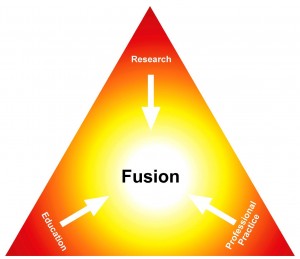

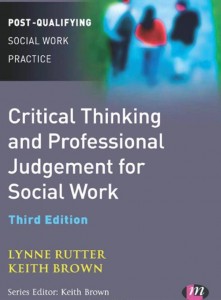

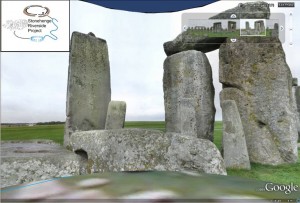
 The Wolfson Foundation has announced a further call for proposals under the Laboratory Refurbishment Grants Scheme. It aims to improve the existing physical infrastructure in UK universities to promote high quality scientific research. Up to £1.5m in funds will be available for the 2012 round.
The Wolfson Foundation has announced a further call for proposals under the Laboratory Refurbishment Grants Scheme. It aims to improve the existing physical infrastructure in UK universities to promote high quality scientific research. Up to £1.5m in funds will be available for the 2012 round.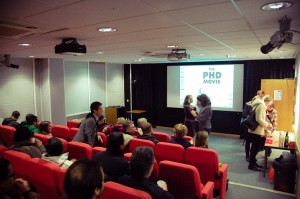 Last night was the BU premiere of
Last night was the BU premiere of 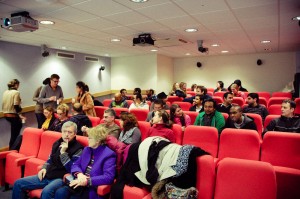
 Neelie Kroes, Vice-President of the European Commission responsible for the Digital Agenda, made her annual set piece speech at the Media Forum in Avignon, France on 19 November:
Neelie Kroes, Vice-President of the European Commission responsible for the Digital Agenda, made her annual set piece speech at the Media Forum in Avignon, France on 19 November: 


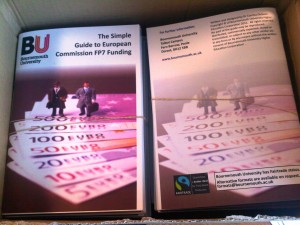
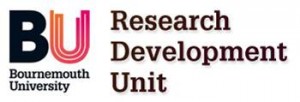











 SPROUT: From Sustainable Research to Sustainable Research Lives
SPROUT: From Sustainable Research to Sustainable Research Lives BRIAN upgrade and new look
BRIAN upgrade and new look Seeing the fruits of your labour in Bangladesh
Seeing the fruits of your labour in Bangladesh Exploring Embodied Research: Body Map Storytelling Workshop & Research Seminar
Exploring Embodied Research: Body Map Storytelling Workshop & Research Seminar Marking a Milestone: The Swash Channel Wreck Book Launch
Marking a Milestone: The Swash Channel Wreck Book Launch ECR Funding Open Call: Research Culture & Community Grant – Application Deadline Friday 12 December
ECR Funding Open Call: Research Culture & Community Grant – Application Deadline Friday 12 December MSCA Postdoctoral Fellowships 2025 Call
MSCA Postdoctoral Fellowships 2025 Call ERC Advanced Grant 2025 Webinar
ERC Advanced Grant 2025 Webinar Update on UKRO services
Update on UKRO services European research project exploring use of ‘virtual twins’ to better manage metabolic associated fatty liver disease
European research project exploring use of ‘virtual twins’ to better manage metabolic associated fatty liver disease